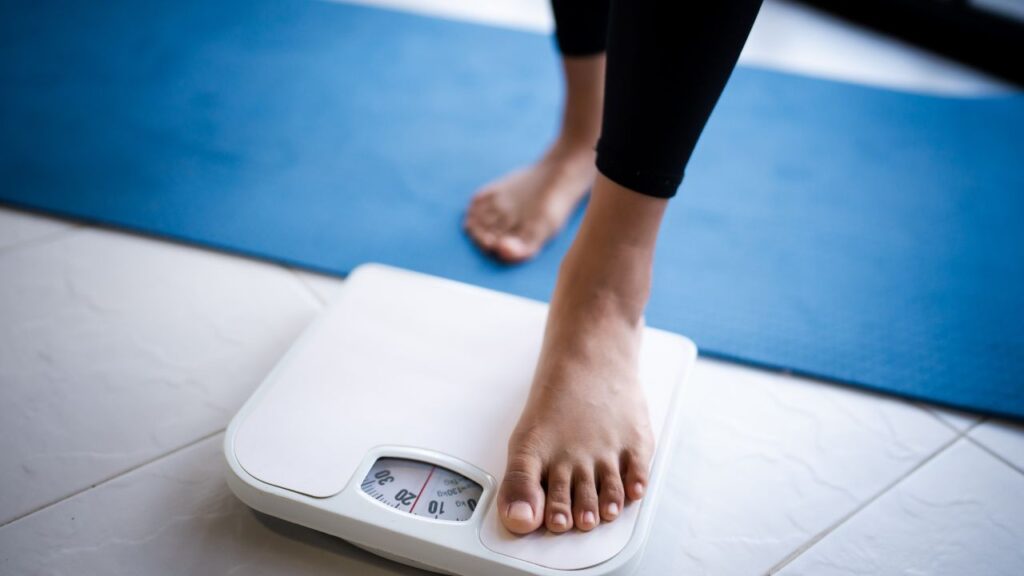10 Common Eating Habits That Could Be Making You Gain Weight

10 Common Eating Habits That Could Be Making You Gain Weight
It can be frustrating to see the numbers on the scale go up even when you’re eating healthy meals, exercising, and cutting back on treats. But sometimes, weight gain is caused by small everyday habits we don’t even realize are harmful. Experts suggest that how we eat, not just what we eat, plays a big role in managing weight. From rushing through meals to skipping breakfast or drinking calories unknowingly, these patterns can add up over time and make weight control harder.
Eating too quickly
Experts say it takes the brain about 20 minutes to realize the stomach is full. When you eat too fast, you’re likely to eat more before your body gets the signal to stop. This often leads to overeating and, over time, weight gain.
Not drinking enough water
Often, when people feel hungry, their bodies are actually craving hydration. Experts believe that dehydration can trigger false hunger cues, leading to extra eating. Drinking enough water throughout the day helps manage appetite better and avoid unnecessary snacking.
Social or distracted eating
Eating during parties, while watching TV, or while scrolling through the phone can lead to mindless snacking. When you’re not paying attention, you’re less likely to notice when you’re full. Experts note that this can result in eating more than needed, especially in social settings.
Using oversized plates
According to experts, the size of your plate can affect how full you feel after a meal. Smaller portions on large plates tend to look unsatisfying, encouraging people to go for second helpings. Using smaller dishes may trick the brain into feeling fuller with less food.
Drinking your calories
Liquids like sugary drinks, sodas, fruit juices, and alcohol are often high in calories but don’t make you feel as full as solid food. Experts warn that these hidden calories can easily add up without people realizing. Even drinks considered healthy, like packaged juices, can carry more sugar than expected.
Skipping breakfast
Skipping the first meal of the day can slow metabolism and increase hunger later on. Experts explain that this often leads to overeating during lunch or late-night snacking. A balanced breakfast helps kickstart metabolism and keeps hunger in check.
Not getting enough sleep
Sleep affects hormones that control hunger and fullness. Experts say lack of sleep can increase appetite and make the body store more fat. People who don’t sleep enough are more likely to crave high-calorie snacks and feel hungrier during the day.
Too many “healthy” extras
Healthy fats like avocados, nuts, and olive oil are good for the body, but they are also calorie-dense. Experts suggest that eating large quantities of these foods without measuring can lead to consuming more calories than needed. Portion control is still important, even with healthy choices.
Relying on fat-free labels
Many people assume that fat-free snacks are also low in calories, which isn’t always true. Experts point out that these products may still contain sugar and other calorie-boosting ingredients. Reading labels and checking total calories is key, even when buying foods marketed as “light” or “healthy.”
No meal planning
Eating without a plan often leads to random meals and impulsive snacking. Experts say having a schedule helps with portion control and balanced meals. Planning ahead also prevents unhealthy last-minute choices and helps people stick to their goals.












